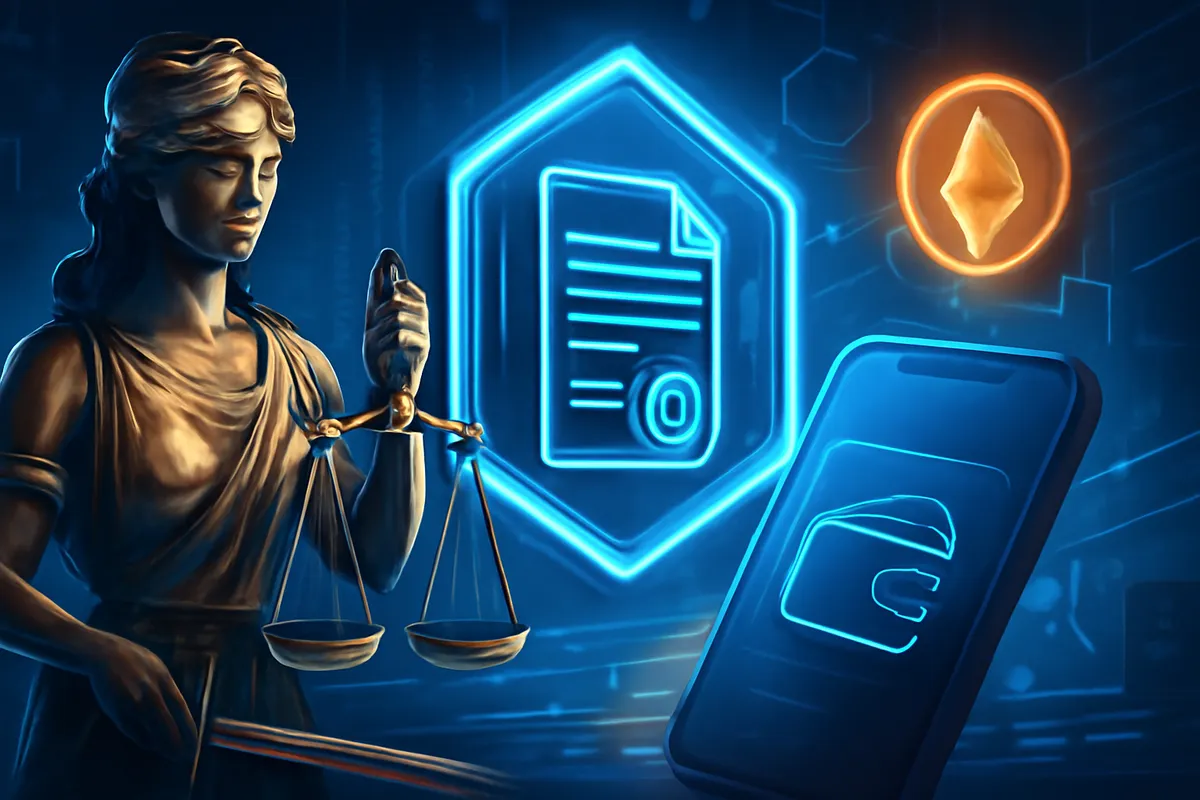
Crypto Lawsuit: Serving Subpoenas via NFT?
As the crypto world evolves, the traditional legal system faces unprecedented challenges, especially in reaching defendants across various jurisdictions. Tackling this issue, the crypto-focused law firm Burwick Law is pioneering a unique solution: using non-fungible tokens (NFTs) to serve legal documents.
According to a report from Protos, Burwick Law is currently seeking court permission to serve a $4.4 million lawsuit to a real estate developer in Dubai and other defendants through an NFT. The lawsuit, initiated by Burwick Law last December, targets seven defendants, including Peter McInnes, accusing them of misappropriating over $4.5 billion in investment funds through a sophisticated crypto-based Ponzi scheme. The primary challenge for the law firm is that some defendants are difficult to contact and serve with a summons through traditional methods.
Burwick Law's argument is noteworthy. They contend that service via NFT is entirely appropriate in this case because the alleged Ponzi scheme itself relied heavily on social media promotion and the sale of NFTs to attract investors. Therefore, sending an NFT containing the legal complaint to a wallet address associated with the defendants is considered a method "reasonably calculated" to ensure they receive notice of the lawsuit. Their argument posits that if the defendants used this technology to carry out the alleged actions, then using it to serve justice is a logical step.
This is not the first time Burwick Law has been involved in complex blockchain litigation. Previously, the firm represented clients in a class-action lawsuit filed in the New York Supreme Court against Kelsier Ventures, KIP Protocol, Meteora, and related parties over the LIBRA token issuance. That lawsuit alleged the defendants orchestrated an unfair and misleading token launch that caused damages to retail investors.
If Burwick Law's current request is approved by the court, it could set a significant legal precedent. It would pave the way for applying Web3 technologies to legal proceedings, making it more effective to hold individuals and organizations accountable in the often anonymous and borderless world of crypto.